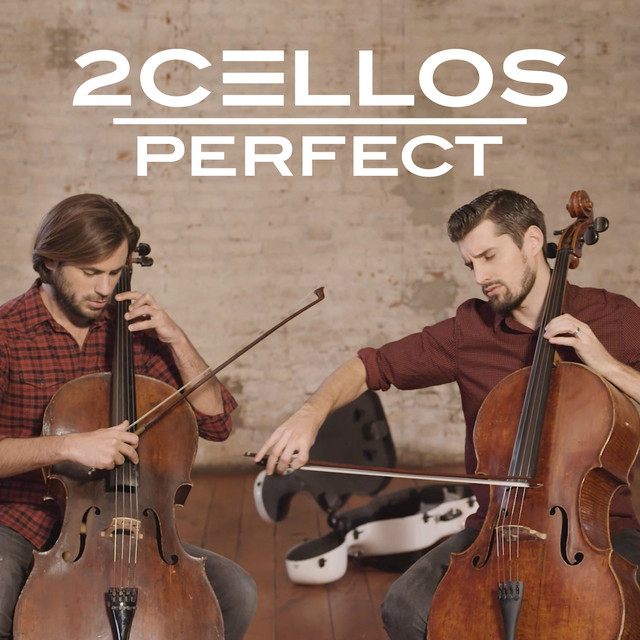
The Cello in Pop Culture: A Timeless Voice in Modern Media
By: Peterson Piano InstituteThe cello, often associated with classical concert halls, has found a powerful place in modern popular culture. With its rich, human-like tone, the cello is increasingly featured in movies, television, and pop music - bringing emotional depth, intensity, and elegance to contemporary storytelling.
🎬 The Cello in Film
The cello’s expressive voice has long captivated filmmakers and audiences alike. Here are some iconic examples:
• The Theory of Everything – The cello reflects the emotional complexity and internal struggles of Stephen Hawking.
• If I Stay – As the protagonist is a budding cellist, the instrument becomes a metaphor for identity, choice, and life itself.
• Atonement – The opening scene features cello rhythms intertwined with a typewriter sound, setting a tone of suspense and unease.
⸻
📺 The Cello on Television
TV series also leverage the cello’s moody resonance to set tone and atmosphere:
• Sherlock (BBC) – The dark, intense cello lines mirror Sherlock Holmes’ deep-thinking process.
• The Crown – Cello passages express the solemnity, duty, and emotional weight of royal life.
• The Simpsons – Even in satire, cello arrangements are occasionally used to add sophistication or contrast within comedic scenes.
⸻
🎵 The Cello in Pop and Rock Music
Far beyond classical, the cello has become a dynamic force in contemporary music:
• 2Cellos – The viral duo reimagines rock and pop hits from Michael Jackson to AC/DC using only cellos.
• Apocalyptica – Known for pioneering “cello metal,” this Finnish group transformed Metallica songs into high-energy cello performances.
• Artists like Adele, Ed Sheeran, and Taylor Swift often incorporate cello into recordings and live shows to add warmth and emotional weight.
Innovative solo cellists like Zoë Keating use live-looping to create layered, orchestral textures, while Tina Guo blends cello with heavy metal, video game scores, and cinematic soundtracks.
⸻
🎼 Why the Cello Works So Well in Pop Culture
• Human-like tone – The cello’s range is similar to the human voice, making it a natural vehicle for emotional expression.
• Versatility – It blends seamlessly across genres — classical crossover, jazz, world music, and even metal.
• Authentic texture – Despite digital sound advances, the cello’s acoustic depth adds a tangible, organic quality that synthetic sounds often lack.
⸻
The cello has become far more than a classical instrument. It is now a vital voice in modern media. Whether evoking heartbreak in film, adding drama to a television scene, or driving a rock ballad, the cello enhances every genre it touches.
So next time you watch a film or hear a powerful track, listen closely. That deep, soulful sound in the background? It’s probably the cello. quietly stealing the show.
BLOG
Music articles to help you understand the process of learning to play an instrument more!
VISIT OUR BLOGJoin PETERSON’S most distinguished music academy for everyone
Exclusive music instruction form the children at the age of four
REGISTER NOW